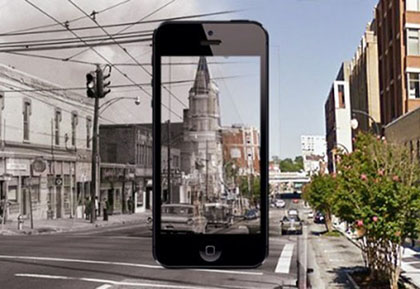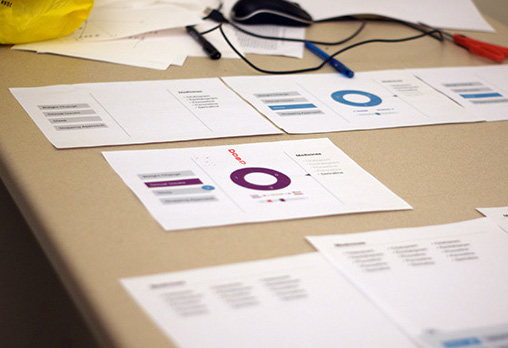My research explores the ethical and political dimensions of design and technology, especially as related to questions of democracy and justice. Rooted in pragmatist ethics and feminist theory, I critically engage emerging digital technologies—such as smart cities or artificial intelligence—in their wide-ranging and transformative effect on the future of collective and social interactions.
My writing on the ethics and politics of participatory media, smart cities, social and educational games, and algorithms have appeared in venues such as Science, Technology, and Human Values, Design Issues, Digital Creativity, and Computer Supported Cooperative Work (CSCW).
I view theory, criticism, and design as inseparable to research on technology. As such, my research integrates these three strategies to better understand the human-made world.
Design and technology discourses are often accompanied with implicit and explicit appeals to values. It is not uncommon, for example, to hear arguments that this or that technology will make our community relations more democratic and just, or advance efficiency and utility. But what exactly do we mean by these values and how do they shape design practice and design artifacts? My theoretical work seeks to answer these questions advancing pragmatic philosophy of technology and feminist care ethics.

Starting with the premise that values are neither unchangeable truths, nor local expressions of individual and group preferences, this theoretical inquiry puts forward a fundamental repositioning of values as hypotheses. In doing so, it draws attention to their service in ethically problematic situations of practice thus supporting a simultaneous appreciation for and skepticism of values that's key to pluralism, affirming that no single correct interpretation of values serves all situations.

This theoretical inquiry resides in my larger interest in design methods such as participatory design, co-design, and participatory action research and how the relationships forged with communities may indeed be oppressive, extending age-old practices of extraction and colonization in new guise. Here I draw on plurality of understandings of justice to question whether and how practices of collecting, archiving, and sharing stories may be democratic and just.
My theoretical inquiries are tightly integrated with my critical research and writing where I draw on diverse methods such as close reading or online ethnography to critique emerging technologies and digital media.

This research engages the recent discourse on self-driving cars, specifically the argument that they can/must be programmed to make life and death decisions in the face of inevitable accidents.

This work draws out the premises and promises of Amazon’s Echo Look designed to be a virtual fashion assistant, highlighting its oppressive potency.

This research explores the potentials and challenges of smart cities and locative participatory media, probing the relationship between technology, data, place, citizenship, & community.

Through an online ethnography of ARG World without Oil, this case study challenges claims of community and participation that dominate the discourse around Alternate Reality Games (ARGs) and Serious Games.

Drawing on the case of Google Image Labeler and an online ethnographic study of player responses to the game, this research critically engages gamification strategies aimed at harnessing digital labor highlighting how human computation can be alienating and exploitative.
Through designing and employing digital artifacts in real-world contexts, I explore alternate ways of conceiving and designing digital media. The impact of this design-based inquiry is two-fold: one, it illustrates the work of values as hypotheses to design technologies serving humanistic purposes; and two, it employs digital media as probes for inquiry, tracing and judging their impact in action thus enabling active inquiry into values. This dimension of my research spans multiple sites of inquiry (such as education and health) all centered on better understanding the capacity of digital media to advance democratic and just modes of participation.

Given what we know about the reductiveness of gamification, can we still conceive of games as having a place in education? Can we design environments that can make games truly participatory and engaging? This research probes the uses and design of media environments that support new modes of understanding abstract scientific concepts both within and outside of the classroom.

How can the very creation, rendering, and experiencing of biological data be distinctly feminist? For example, how can it break down binaries such as objectivity/subjectivity, and contribute to a more nuanced understanding of our bodies? This project brings together humanities and physiology scholars to create a series of visualizations and art installation to reflect upon how we understand and experience physiological data especially the heartbeat.

Can we (re)conceive patient-doctor conversations to be democratic? This research introduces a new class of media applications that we refer to as Conversational Media, media applications that turn with the organic flow of a conversation (in collaboration with Mayo Clinic)